Louise Fouqueau (she/her)
louise.fouqueau@ist.ac.at
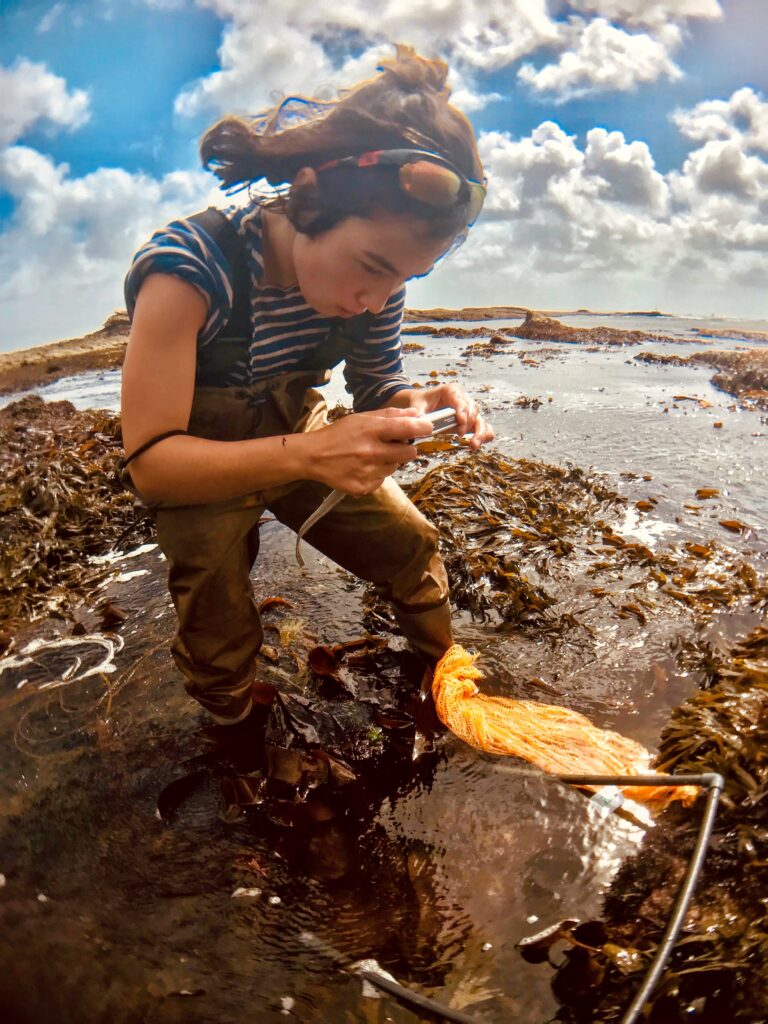
I am an evolutionary biologist and I try to bring together various empirical and theoretical approaches in order to study general questions concerning the specificities of populations located at the margins of species’ range distribution (demography, connectivity, and reproductive systems), and the consequence of these specificities on adaptive potential and the accumulation of deleterious mutations.
My project at ISTA aims to understand the evolution of self-fertilization at the range margins and its consequences for adaptation to changing environments or for the accumulation of deleterious mutations which are mainly studied using computer simulations. I am also working on various topics concerning Arabidopsis lyrata subsp. lyrata with Yvonne Willi’s group at the University of Basel.
Laura Hayward
laura.hayward@ist.ac.at 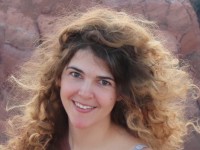
I do research in population genetics theory, with a focus on highly polygenic traits. I am particularly interested in the dynamics of traits under stabilizing selection, both in and out of equilibrium. On a day to day basis I consider questions such as: Under what parameter regimes is directional selection on polygenic traits likely to create detectable genomic signals? Are phenotypic changes in polygenic traits likely to be driven by alleles with large or small pleiotropic effects? How does linkage disequilibria alter the effective population size of populations under stabilizing selection? How can we quantify the bias in GWAS effect size estimates generated by stabilizing selection?
Google Scholar profile
Michal Hledik (he/him)
michal.hledik@ist.ac.at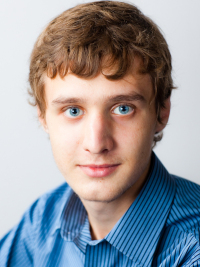
I’m interested in population genetics theory and gene regulation and like to take an information-theoretic view of both. How many bits of information can selection accumulate and maintain in the genome? And how many bits are needed inside regulatory elements to achieve a proposed objective (e.g. bind some transcription factors but not others)? I am co-affiliated with Tkacik group (Information Processing in Biological Systems).
Gemma Puixeu (she/they)
gemma.puixeusala@ist.ac.at
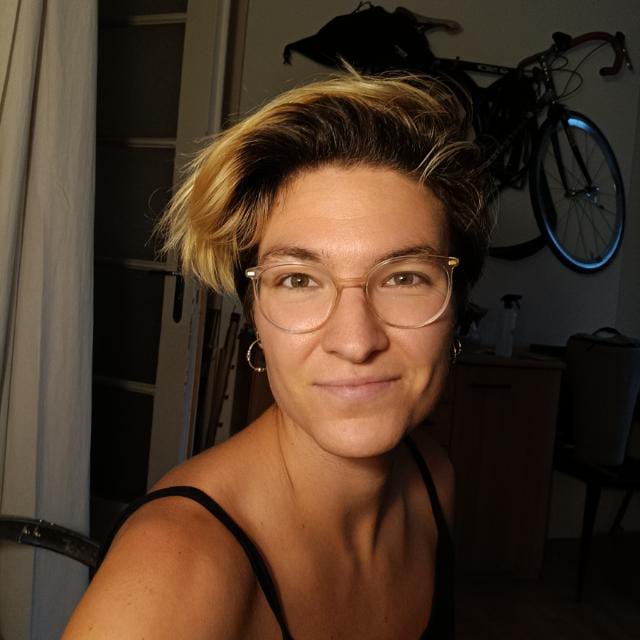
I study the genetic basis and evolutionary dynamics of sex differences using a combination of data analysis and theoretical modeling. Particular projects aim to characterize the genetic architecture of sex differences in gene expression in Drosophila melanogaster and explore the relationship between intersex correlation and sexual dimorphism via stochastic models of sex-specific stabilizing selection. I am co-affiliated with Vicoso group (evolution of sex chromosomes).
I am also interested in the study of sex and gender at the intersection of evolutionary biology and feminism.
Hilde Schneemann
hilde.schneemann@ist.ac.at
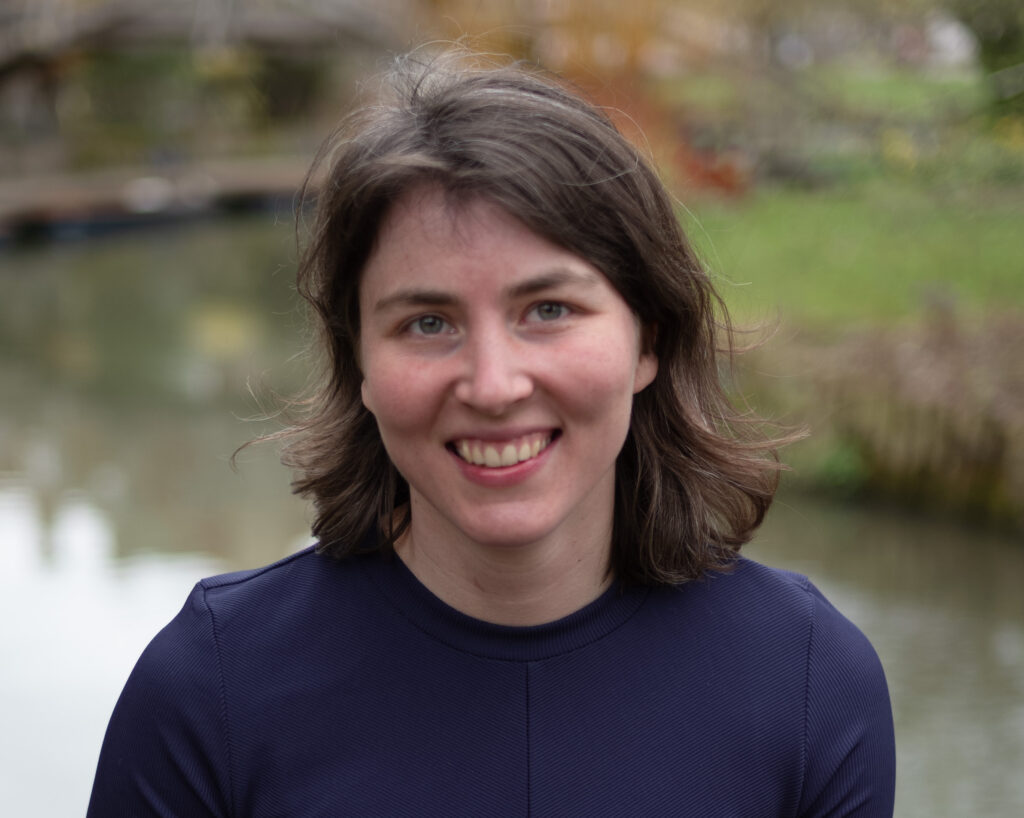
I am an evolutionary biologist interested in genetic interactions, hybridization and speciation. During my PhD, I used fitness landscape models to capture and connect widespread patterns of hybrid fitness from the breeding and speciation literature. As a postdoc, I aim to analyze genomic signatures of background-dependent selection in controlled greenhouse crosses (Hibiscus trionum × H. richardsonii), and in a wild hybrid zone (Antirrhinum majus pseudomajus × A. m. striatum).
Google Scholar Profile
Rosina Soler (she/her)
rosina.soler@ist.ac.at
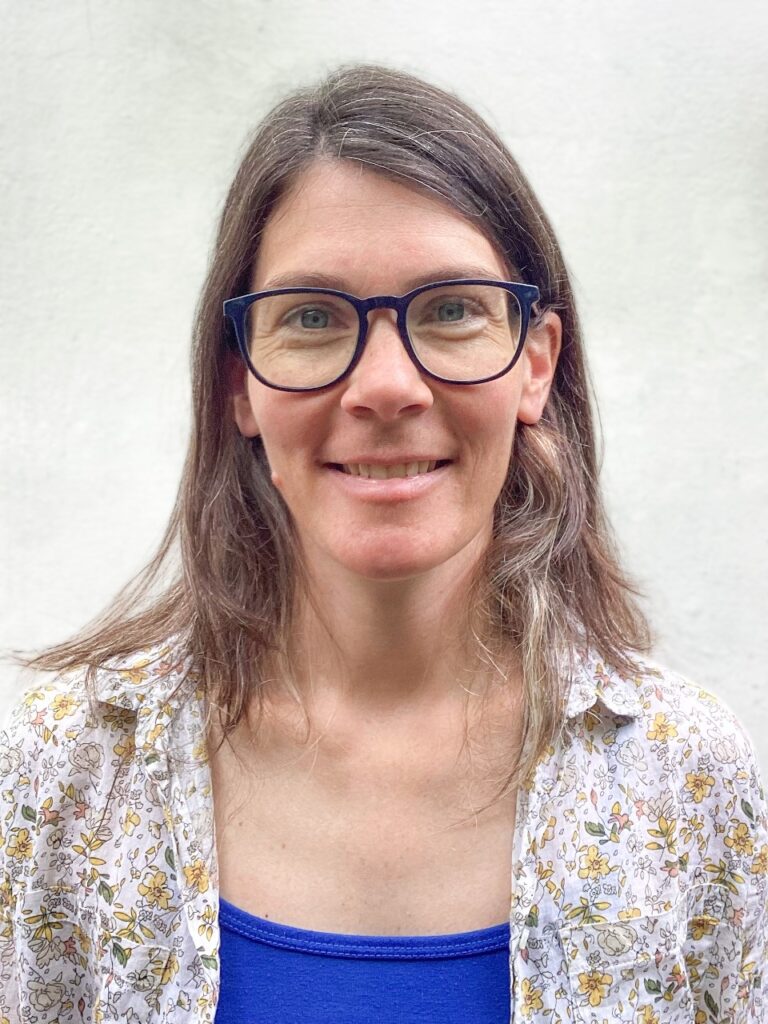
I am a field biologist and coordinate annual field sampling of the hybrid zone in the Pyrenees (north of Spain) between wild populations of snapdragons (Anthirrinum) that differ in flower colour. We record the occurrence of new and old flowering individuals, taking morphological measurements, and collecting leaves and flower samples.
I am currently interested in studying the life cycle of Antirrhinum species and their interaction with ecological and environmental factors.
Julie Tourniaire
julie.tourniaire@ist.ac.at 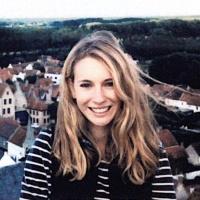
Benjamin Wölfl (he/him)
benjamin.woelfl@ist.ac.at
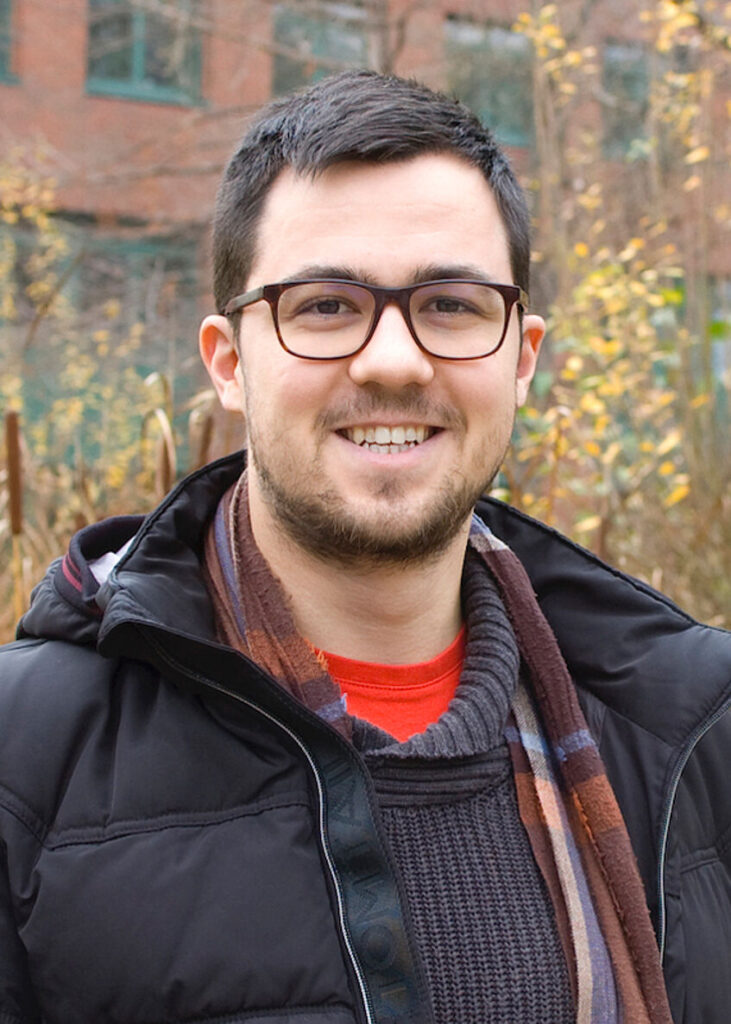
I am mainly interested in studying complex sweeps and polygenic adaptation. To that end, I use classical and haplotype block-based approaches. The latter is based on approximations of the underlying ancestral recombination graph (ARG). I hope that my research ultimately contributes to a better understanding of adaptation taking linkage disequilibria (LD) into account.